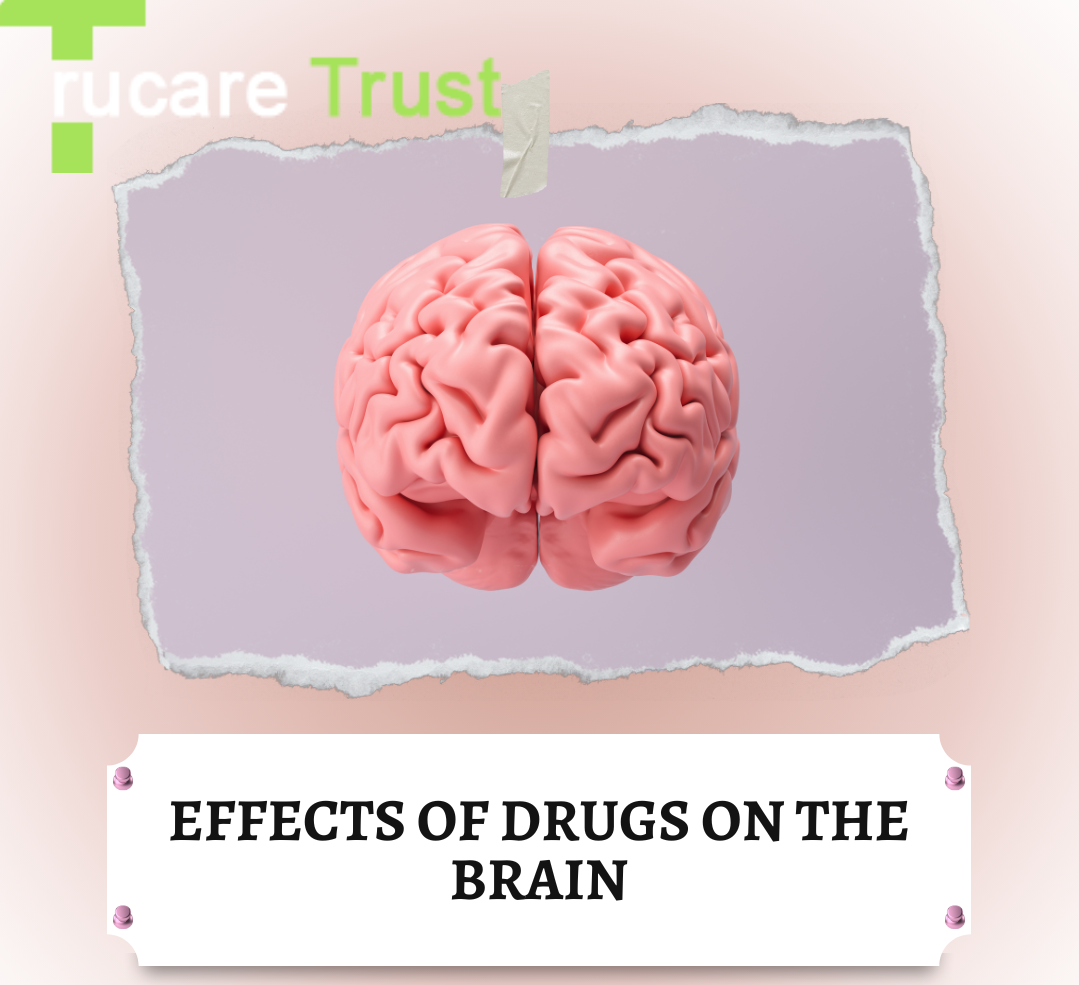When it comes to the effects of drugs on the brain, it is important to understand that these substances can cause significant changes in brain chemistry and functioning. Whether it is illicit drugs, prescription medications, or even alcohol, the impact on the brain can be far-reaching and have both short-term and long-term consequences.
One of the primary ways drugs affect the brain is by altering neurotransmitter activity. Neurotransmitters are chemical messengers that facilitate communication between neurons. Drugs can either mimic neurotransmitters or interfere with their regular release, reuptake, or reception. This disruption can lead to abnormal brain activity and ultimately affect various aspects of a person’s cognition, behaviour, and overall mental health.
For example, drugs like cocaine and amphetamines interfere with the normal reuptake of dopamine, a neurotransmitter associated with pleasure and reward. These drugs increase their concentration by preventing the removal of dopamine from the synaptic cleft, leading to intense euphoria and heightened energy levels. However, prolonged use of these stimulants can deplete dopamine levels and damage dopamine receptors, resulting in decreased pleasure and an increased risk of developing mental health disorders such as depression and anxiety.
Similarly, drugs like marijuana contain cannabinoids that bind to specific receptors in the brain, affecting memory, coordination, and perception. These substances can disrupt the normal functioning of the endocannabinoid system, which plays a role in regulating mood, appetite, and pain sensation. Regular use of marijuana can impair cognitive function, making it difficult to concentrate, remember information, and make sound decisions.
Furthermore, drugs can also impact the brain’s reward system, which is crucial for experiencing pleasure and reinforcing certain behaviours. When drugs are consumed, they can trigger a surge of dopamine in the brain, creating a pleasurable sensation. This flood of dopamine can create a strong desire to repeat the drug-taking behaviour. Over time, the brain becomes less responsive to natural rewards, leading to a diminished pleasure response and an increased drug craving. This addiction cycle can profoundly affect an individual’s mental health, relationships, and overall quality of life.
In addition to affecting neurotransmitter activity and the reward system, drugs can also cause structural changes in the brain. Prolonged drug abuse can lead to neuroadaptations, where the brain undergoes physical alterations to compensate for the presence of drugs. These changes can impact various brain regions involved in decision-making, memory, and emotional regulation.
For instance, drugs like methamphetamine can decrease grey matter volume in the brain, resulting in cognitive impairments and memory deficits. These structural changes may persist even after an individual stops using drugs, making a recovery and rehabilitation challenging.
It is worth noting that the effects of drugs on the brain can vary depending on factors such as the type of drug, dosage, frequency of use, and individual susceptibility. Additionally, specific individuals may be more vulnerable to the damaging effects of drugs due to genetic or environmental factors.
In conclusion, drugs significantly impact the brain, altering its chemistry, reward system, and even structure. They can disrupt neurotransmitter activity, leading to cognitive and behavioural changes. The addictive nature of drugs can hijack the brain’s reward system, leading to cravings and a cycle of addiction. Additionally, prolonged drug use can cause structural changes in the brain that can persist even after drug use has ceased. Understanding these effects is crucial to raising awareness about drug abuse’s dangers, developing effective prevention strategies, and providing proper support from drug rehabilitation centre in Pune and treatment for those struggling with addiction.
Are you or your loved ones suffering from drug addiction? Trucare Trust – Best drug rehabilitation centre in Pune, India can help you get rid of drug addiction issues. Contact us today for more details.

Leave a Reply